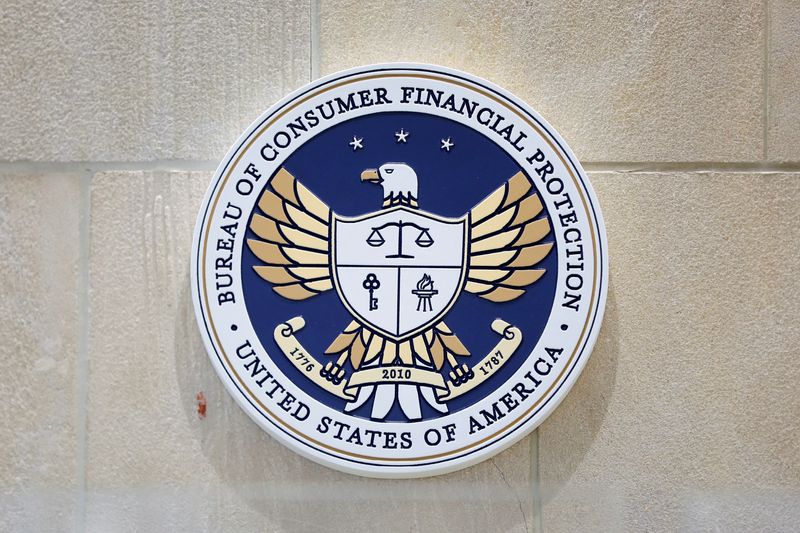(Reuters) – The top U.S. regulator for consumer finance on Tuesday published legal guidance that it said would help stop banks from charging overdraft fees to customers who had not genuinely consented to the practice.
Federal law prohibits charging overdraft fees on ATM and one-time debit card transactions unless consumers have given express consent, but the agency has found instances of “phantom opt-in” agreements, according to the U.S. Consumer Financial Protection Bureau.
THE TAKE
The new guidance, which is not a regulation but explains the agency’s reading of existing laws, marks the CFPB’s latest effort to rein in the consumer banking industry’s myriad fees and costs to depositors and borrowers.
KEY QUOTE
“The CFPB has found instances where banks have no evidence that they obtained consent for overdraft,” CFPB Director Rohit Chopra said in a statement. “No Americans should be hit with bank account fees that they never agreed to.”
CONTEXT
The CFPB has played a central role in the Biden administration’s drive to tackle “junk fees” and alleged corporate price gouging at a time when Republicans have hammered Biden over increases in the cost of living. The agency has also moved to limit late fees on credit card payments, prompting stiff industry opposition, and punished major banks over fees charged to customers and the misreporting consumer credit data.

